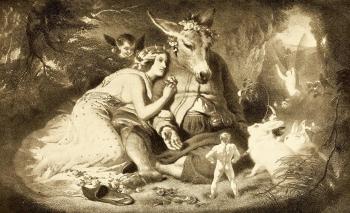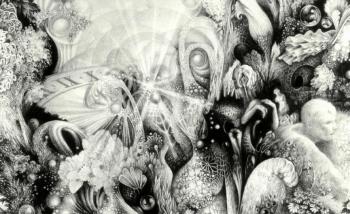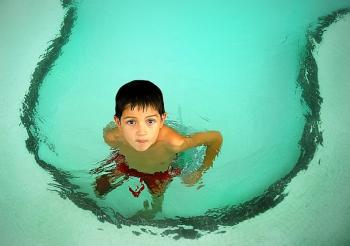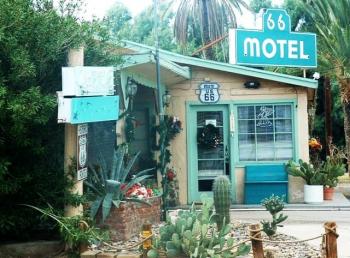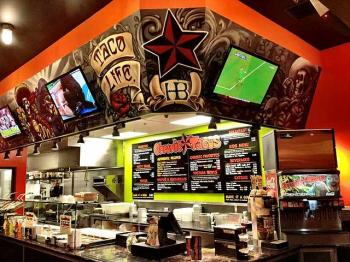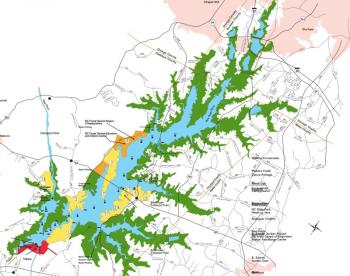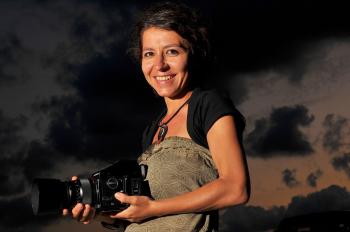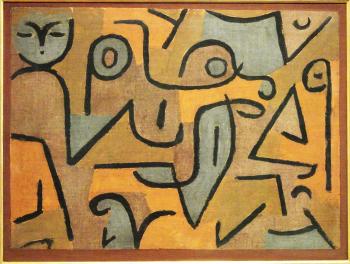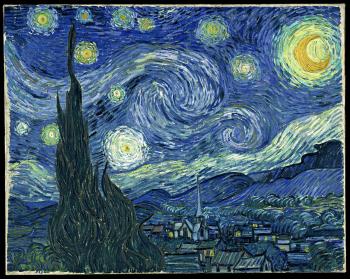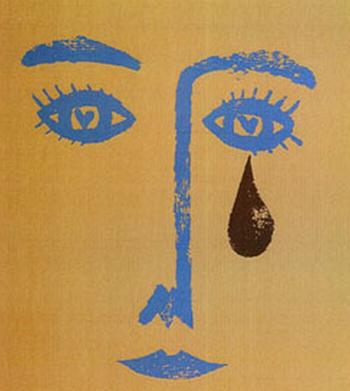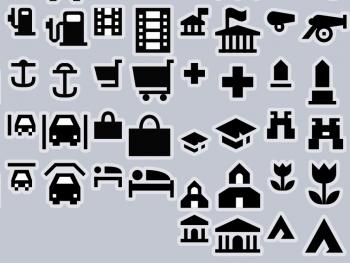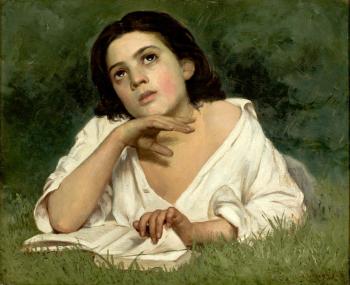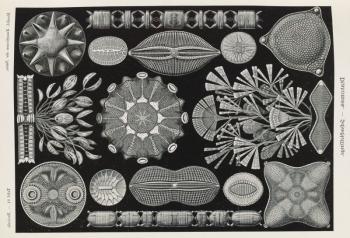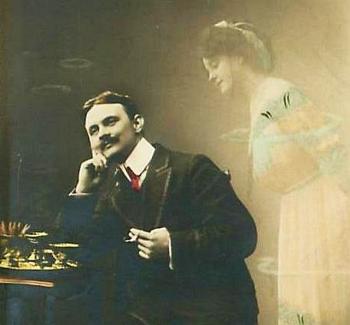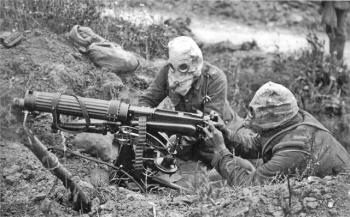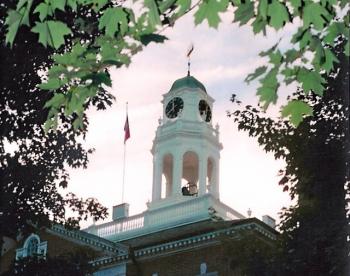Users Who Spiked
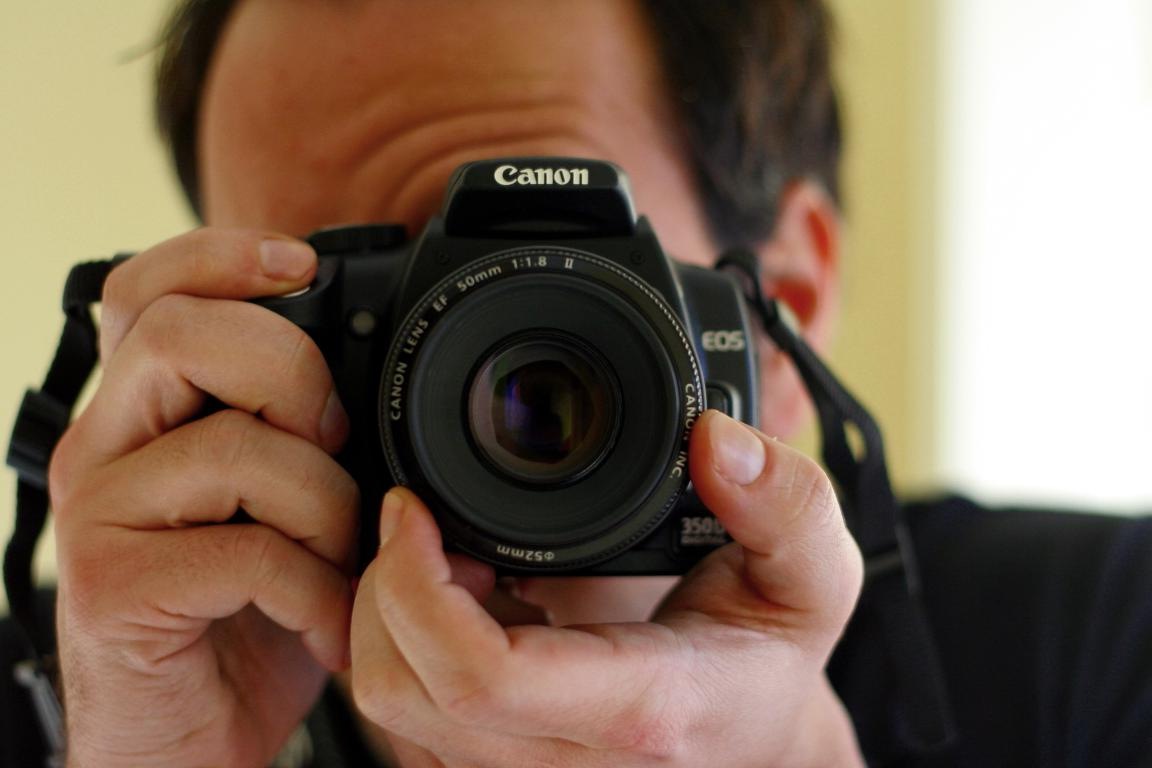
FREELANCING
Private Notes
Private Notes
Notes
Freelancing
Being an artist and earning a living can seem incompatible. They do not have to be. But, at the same time, you should take an honest inventory of your skills, talents, desires, strengths, and weaknesses so that you can find the right fit.
The trick is to be realistic. What is important to you? Having a late model car or having a car that gets you from point A to point B? Do you care what your neighbors think or what your family thinks? I am not passing judgment on these needs because if you feel these are important then you should do what is necessary.
A good friend of mine was a gifted filmmaker. I always wanted him to spend more time making small movies. He loved art and talked about it a lot. At the same time, he did not want to devote hundreds of hours to film projects. He was quite happy with his life. Nevertheless, he did do artistic work. From time to time he made small video productions for himself or his family. He did not make the kind of choices I would have made, but I think he made the right choices for his lifestyle.
When I made the decision that art would be central to my life, I had to find a job that I could live with. After years of working regular 9-5 jobs for schools and organizations, I decided to take the plunge and become a photography freelancer full time.
In hindsight, I realized I had been moving in that direction for a number of years. I had worked for the local newspaper, worked at the university photo lab, had done odd assignments for various people -- but had primarily made my living teaching photography to teenagers after school. These teens were often troubled -- now called 'at risk' -- and I found that photography gave them both a skill and a way to express themselves.
After about six years of this way of life, I realized I had built a kind of network, one which was big enough to bring in jobs. Freelancing might seem like the ideal job for an artist, but it can be even more demanding than a regular job. In my case, it was a good fit.
Freelancing demands that you be reliable and professional. If you are not, your reputation will soon be compromised and you won't get any more work. At the same time, each job is unique. Instead of one boss, you have maybe ten bosses who all have different management styles, different deadlines, different job needs. Oddly freelancing requires much more discipline than a regular job. You have to make sure you get everything done on time -- there is no supervisor telling you what to do. You have to show up on time, make sure you are prepared and then deal with a wide variety of people and situations.
And, of course, you have to be able to handle the financial end of things. You need to bill people, be good at negotiating a deal, pay your bills on time, and make sure you have all the right equipment in good working order. So you need to be well organized, reliable, professional, and responsible.
In my case, I needed to have one fairly steady stream of income. So I decided to independently start my own photography classes. This was in the era of 35 mm. Many people owned these cameras but did not know how to use them. Since I was quite familiar with the area by then, I put up posters in two towns, Durham and Chapel Hill, NC. I also was well known at all the photography shops so they often recommended me.
These classes were based on my experience with teaching as I had been teaching teens for years and felt that I could expand my skills to reach adults interested in photography. In my classes, I had doctors, nurses, teens, college students, factory workers, housewives -- a virtual cross-section of the community. The classes did very well, to my astonishment.
One thing that did keep my name out there was a regular column in a local monthly magazine that was a freebee. I wrote and edited a one-page article about photography and chose a variety of pictures for the layout. I think that this along with the posters kept my name visible and also associated it with photography. This kind of publicity eventually led to freelance jobs with the Durham Chamber of Commerce, The Duke University Alumni Magazine and the largest bank in town.
The editor of the local freebie magazine later told me that I was nicknamed "The Rock" because my column was always ready to go before their deadline. Apparently many other contributors to the magazine had trouble meeting deadlines. That I was so reliable helped my reputation and also showed how important self-discipline can be.
And of course, I also did the occasional wedding, portrait, event, etc. And I even made a series of slide shows for the local school system.
Because I was freelancing, I could also control my schedule. Every so often I would take a day off and photograph many of the old buildings in the town. After I had done this for about a year, I printed them and had an exhibit which again added to my visibility.
Because the exhibit was about old architecture in Durham, the exhibit was covered by the local newspaper in-depth and some local magazines. People flocked to see my series of photographs. The response was all positive.
But I did not sell even enough photos to pay for the cost of the exhibit.
So the lesson here is: I got to do my art, it was well-received, I found a way to earn a living that was related to my art, but if I had depended on my art for income, I would have starved.


















